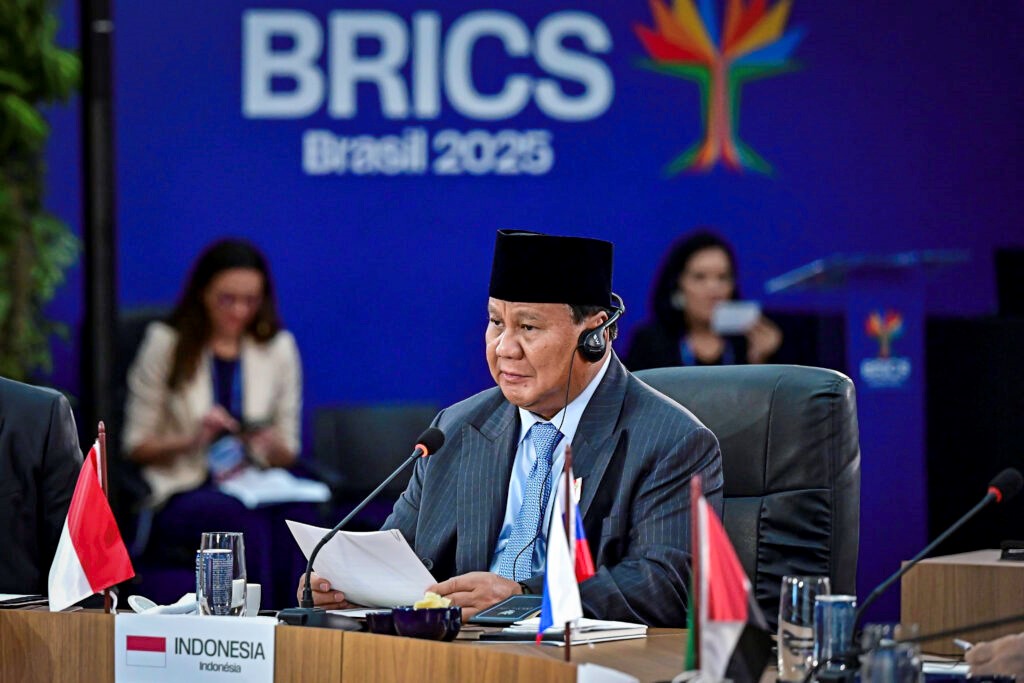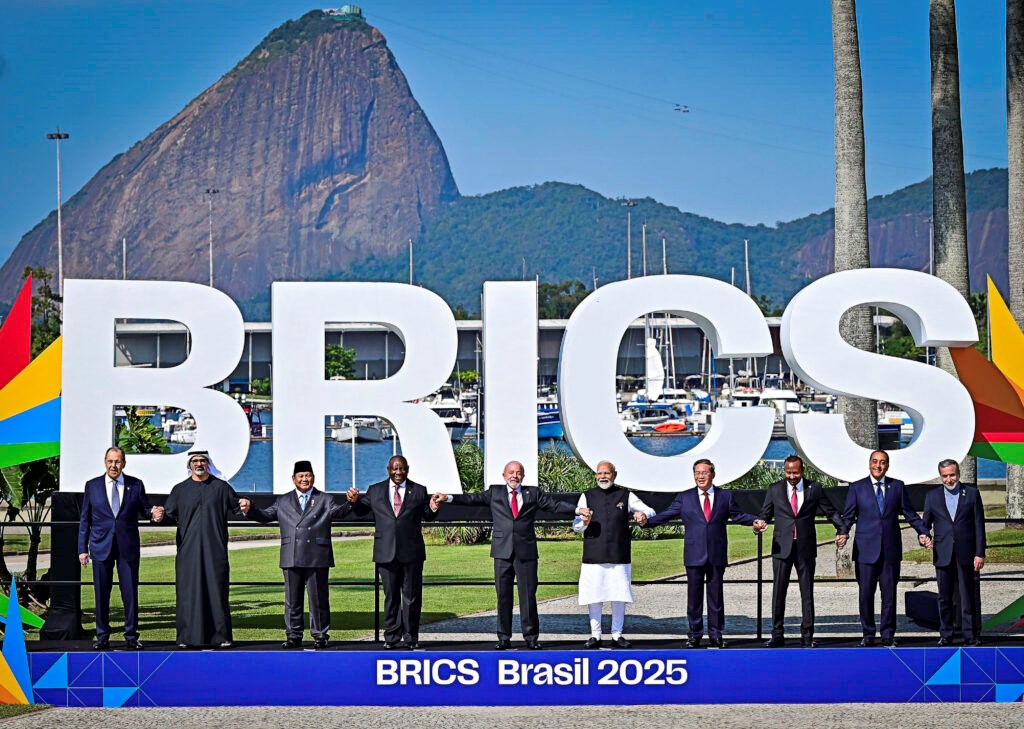Gov’t Extends Micro-Scale Restrictions to 19 April

Coordinating Minister for Economic Affairs Airlangga Hartarto and Coordinating Minister for Human Development and Culture Muhadjir Effendy delivered statements in a press conference in Jakarta, Monday (05/04). Photo by: PR/Rahmat
In a bid to improve effective control over COVID-19 cases at the national level, the Government has decided to extend the implementation of micro-scale activity restrictions (PPKM Mikro) from 6 April until 19 April 2021.
“The Government has decided to impose the activity restrictions on more provinces, based on the existing data related to recovery rate, mortality rate, active cases rate, and the number of total cases. The Government imposes the restrictions on five more regions, namely North Kalimantan, Aceh, South Sumatra, Riau, and Papua, so that we have twenty provinces participating in the activity restrictions policy,” Coordinating Minister for Economic Affairs Airlangga Hartarto said in a press conference in Jakarta, Monday (05/04).
For the record, the 4th period of the micro-scale activity restrictions have been previously imposed from 23 March to 5 April in fifteen provinces, namely Jakarta, Banten, West Java, Central Java, Yogyakarta, East Java, Bali, North Sumatra, South Sulawesi, East Kalimantan, South Kalimantan, Central Kalimantan, North Sulawesi, East Nusa Tenggara and West Nusa Tenggara.
Airlangga, who also helms the COVID-19 Handling and National Economic Recovery (KPCPEN) Committee, said that in the 5th period of the micro-scale activity restrictions, the Government would extend the zoning areas to the neighborhood level.
Based on the new criteria, the red zone consists of more than five houses with confirmed COVID-19 cases in one neighborhood, the orange zone consists of 3-5 houses with confirmed COVID-19 cases, the yellow zone consists of 1-2 houses with confirmed COVID-19 cases, and the green zone consists of zero positive cases of COVID-19.
Airlangga went on to say that the criteria for the activity restrictions remained the same as the criteria applied in the previous activity restrictions, including mortality rate; recovery rate; active cases rate; and Bed Occupancy Ratio (BOR).
On that occasion, Airlangga also explained the latest development of the COVID-19 cases at the national level which tends to be better than global situation.
As of 4 April, the active cases rate in Indonesia was 7.61 percent, while the global average of active cases rate was 17.29 percent. The recovery rate in Indonesia was 89.68 percent, higher than the global recovery rate of 80.53 percent. In the meantime, the mortality rate in Indonesia was 2.72 percent, slightly higher than the global average of 2.18 percent.
Airlangga further said that the fifteen provinces that have implemented the micro-scale activity restrictions in the previous period, except Banten Province, have reported the lower cases of COVID-19. (FID/UN) (RI/MUR)








